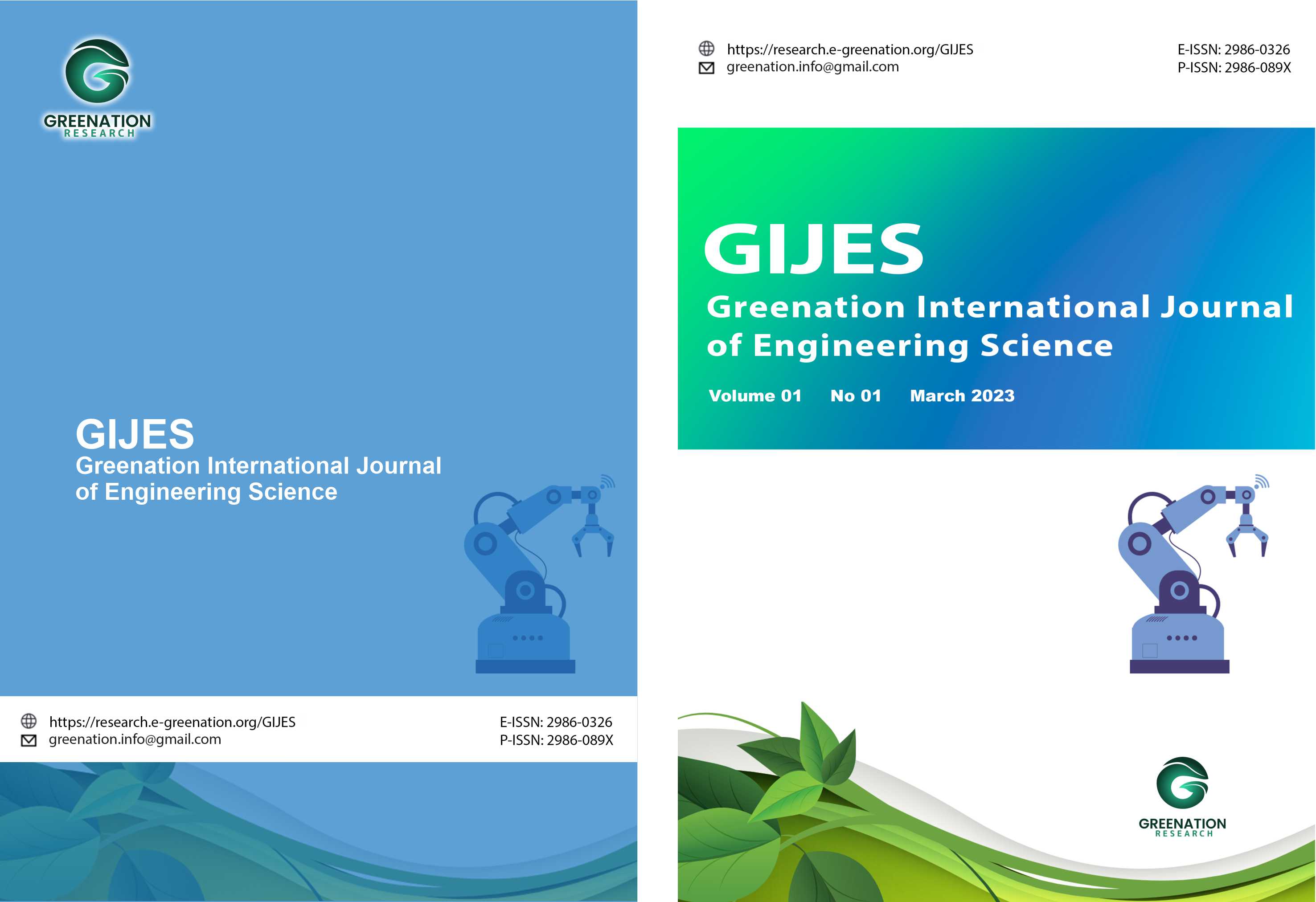The Effect of Supervision and Work Discipline on Teacher Performance (Study of Teachers at SMPN 18 Bandung)
DOI:
https://doi.org/10.38035/gijes.v2i1.251Keywords:
Supervision, Work Discipline, PerformanceAbstract
The aim of this research is to determine and analyze: (1) Supervision (2) Work Discipline; (3) Teacher Performance; and (4) The influence of supervision and work discipline on teacher performance at SMPN 18 Bandung City, both simultaneously and partially.The research method used in this research is a descriptive survey and an explanatory survey, the unit of analysis in this research is employees in the teacher environment at SMPN 18 Bandung City with a sample of 44 people. The type of investigation is causality, and the time horizon in this research is cross-sectional. Based on the research results, it was found that supervision of teachers at SMPN 18 Bandung City was good, work discipline among SMPN 18 Bandung City teachers could generally be said to be good, the performance of SMPN 18 Bandung City teachers was currently considered good. Supervision and Work Discipline simultaneously influence Teacher Performance at SMPN 18 Bandung City. However, work discipline partially influences performance rather than supervision. Because work discipline predominantly influences performance, being the first priority in improving performance, teachers at SMPN 18 Bandung City are expected to consistently maintain existing conditions, so that they are able to work more professionally.
References
Ahmadi, Abu. 2000. General Psychology. Jakarta: Rineka Cipta.
Engkoswara. 2010. Basics of Educational Administration. Jakarta: Department of Education and Culture, Director General of Higher Education
Law No.14 of 2005 concerning Teachers and Lecturers
Winataputra, Udin S. 2008. Interest and Learning Theory. UT
Sugiyono. 2011. Quantitative, Qualitative and R&D Research Methods. Bandung: Alphabeta
Bafadal, Ibrahim. 2003. Management of Primary School Quality Improvement, From Centralization to Decentralization. Jakarta: Bumi Literacy
Rohiat. 2009. School Management, Basic Theory and Practice. Bandung: PT Refika Aditama
Umar, Hussein. 2008. Research Methods for Business Theses and Theses. Second Edition. Jakarta: PT Raja Grafindo Persada
Supardi. 2012. Classroom Action Research. Jakarta: PT Bumi Aksara
Kusnendi. 2008. Structural Equation Models. Bandung: Alphabeta
Ghazali, Imam. 2007. Multivariate Analysis Using the SPSS Program. Semarang: BPP Undip
Mulyasa, Enco. 2003. Competency Based Curriculum: Concept, Characteristics, and Implementation. Bandung: Rodaskarya Youth
Mathis, Robert, L., and Jackson, John H. 2003. Human Resources Management. Tenth Edition. Ohio: South-Western
Nurzaman. 2008. Teacher variables
Riduwan and Engkos Achmad Kuncoro. 2012. How to Use and Interpret Path Analysis. Bandung: Alphabeta
Soekamto, Toeti and Udin Saripudin Winataputra. 2000. Learning Theory and Learning Models. Jakarta: Department of Education and Culture, Director General of Higher Education
Saydam. 2000. discipline.
Thoha. 2000. Organizational Behavior: Basic Concepts and Applications. Jakarta: Raja Grafindo Persada.
Siagian, Sondang P. 2002. Tips for Increasing Work Productivity: PT Rineka Cipta
Danim, Sudarwan. 2002. Educational Innovation in Efforts to Increase the Professionalism of Education Personnel. First Printing. Bandung: Pustaka Setia
Stoner, et al. 2000. Management. Volume I. Jakarta: PT Buana Ilmu Popular
Saydam, Gouzali. 2000. Human Resource Management. Jakarta: Djembatan Publishers
Veithzal Rivai and Ella Jauvani Sagala. 2010. Human Resource Management for Companies. Third Printing. Jakarta: Rajawali Press
Siagian, Sondang. 2004. Human Resources Management. Jakarta: PT Bumi Askara
Sutrisno, Edy. 2009. Human Resource Management. Edition 1. Jakarta: Kencana Prenada Media Group
Hasibuan, SP Malayu. Basic Management, Definition and Problems. Jakarta: Bumi Literacy.
Downloads
Published
How to Cite
Issue
Section
License
Copyright (c) 2024 Ratna Kurniasih, Deden Komar, Widiya Avianti

This work is licensed under a Creative Commons Attribution 4.0 International License.
Copyright:
Authors who publish their manuscripts in this journal agree to the following conditions:
- Copyright in each article belongs to the author.
- The author acknowledges that Greenation International Journal of Engineering Science (GIJES) has the right to be the first to publish under a Creative Commons Attribution 4.0 International license (Attribution 4.0 International CC BY 4.0).
- Authors can submit articles separately, arrange the distribution of non-exclusive manuscripts that have been published in this journal to other versions (for example, sent to the author's institutional repository, publication in books, etc.), acknowledging that the manuscript has been published for the first time in GIJES.
























